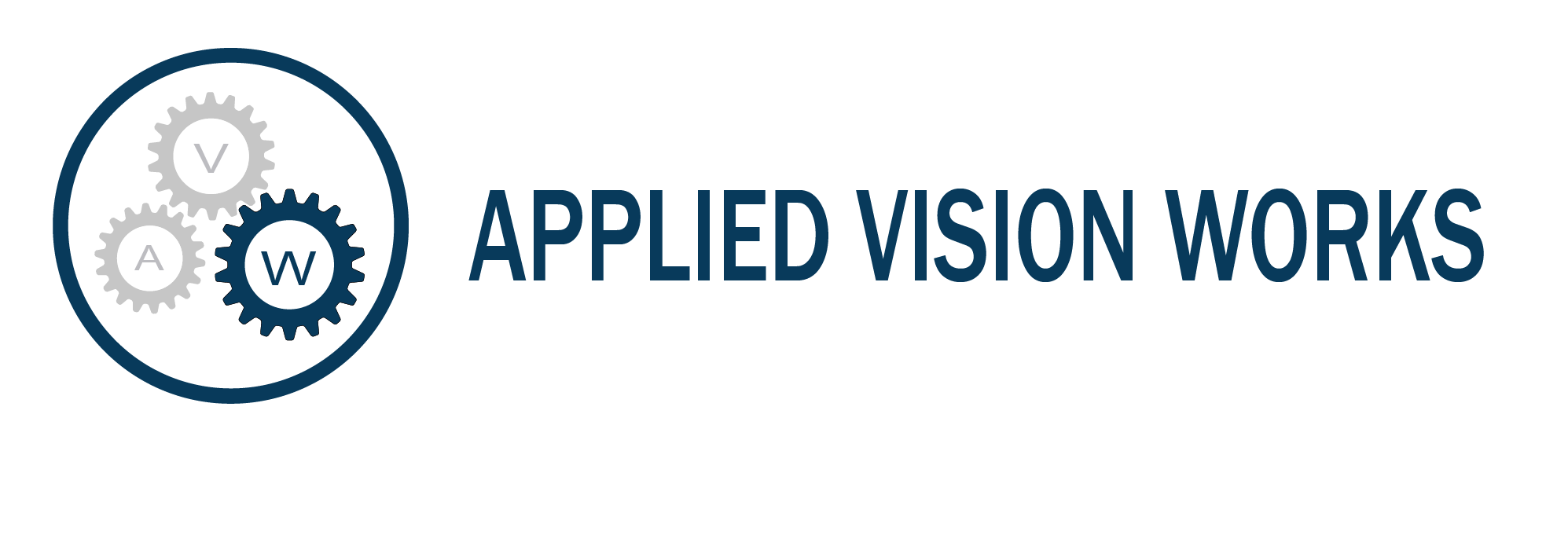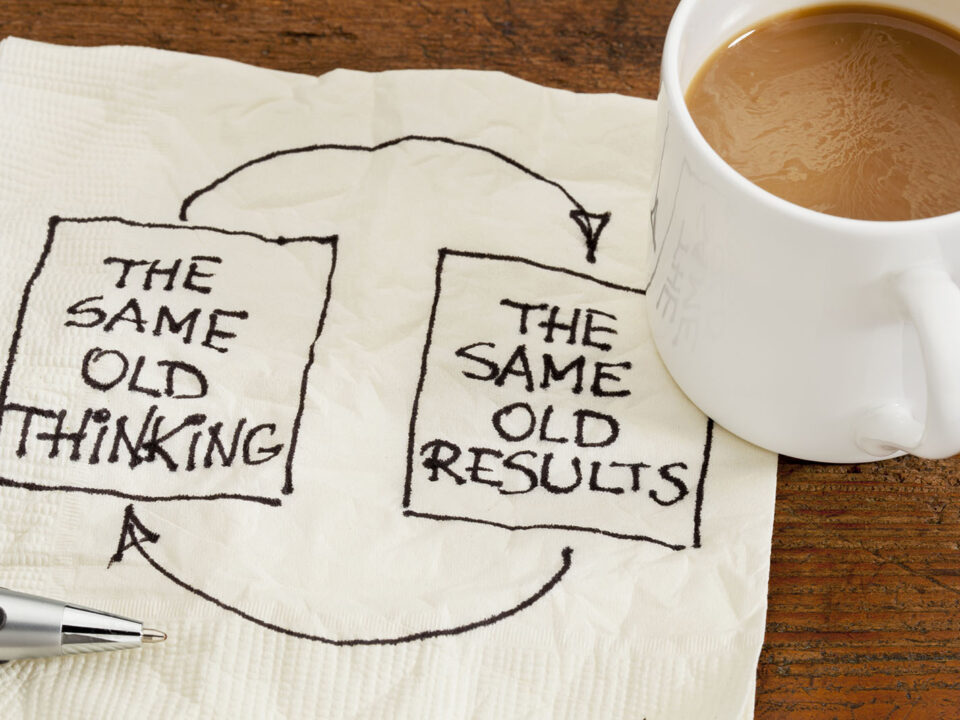Team Synergy Through Conation
What Is The Best Route To Results?
What Is The New Frontier: Where Are We Going?
The Challenge
I read lots of books, but many times they are about the past and the author is selling their ideas based on a past success. Even though they may have come out a few months ago, the work done on the book was probably 12 months in the creation. television shows, especially educational ones, may be more up to date, but they are usually past based. Also in my “library” are some weighty books like Ray Kurzweils’ The Singularity is Near. It focuses on the future (i.e. cars that go where they are told, reverse engineering the human brain, etc.) Some television shows focus on the future. Dan Sullivan has written several books on the future of entrepreneurship and bureaucracy.
The bottom line is that the past is gone forever. The circumstances of past success are difficult if not impossible to recreate. Past success may have very little to do with our future other than providing us with confidence to strive. The future is specifically unknowable. In general, we may know some concepts that will broadly influence it (i.e. demographic trends). Even then, health, local crisis, and random Black Swan events can make specifics unknowable.
If everything in life is getting more volatile, changing more quickly and includes factors that we know nothing about today, how do we find better answers in order to have a better NOW and make progress to ensure a better future?
The Situation
In moving from agricultural economies to manufacturing and into the information age, there was a logic that made sense. Even in the middle of these changes, it was slower change. Now change is speeding up. The variables involved are increasing, and becoming more complex.
If this is now the age of meaning and empathy, there is a strong psychological component that defies logic. Just this morning I was talking to a client whose 27 year old son is more interested in freedom and choices, in lieu of much higher income that includes less control of his life (i.e. a 9-5 job at the beach, instead of owning a business where you are on call).
When I think of our business, every situation to which we are invited has one thing in common: there is a strong desire to move from the current situation to a different future. There are two reasons for this motivation: something is chasing them (usually external) or they are chasing something (usually internal). While people are generally satisfied for a little while when they achieve a goal, eventually, they want something different. If everything was just the way you wanted, after awhile wouldn’t you go change something and cause change on your own?
The questions that many of us want to answer are where are we going and how do we get there?
The Old Answer
If I had to pick from two roles at the extreme, consulting and coaching would be the two I would choose. Consulting is when you have the experience and the client wants the answers and so you tell them what to do based on the questions they ask.
Coaching is when the client has the experience and you ask them questions which they answer in order to get them to internally realign with a better methodology.
The problem with consulting is that it is good for a specific situation that is similar or repeatable to something that happened. For that reason, it is a more tactical tool with what to do NOW. Over time, the value from consulting gets lost.
With coaching, if we reuse the questions, we can identify what answers to go looking for. This is why I prefer coaching as a core business relationship (even though we do plenty of both).
Jack Welch in the 70’s identified that he needed a flatter structure, more flexibility, etc. He was able to “plot a course to the future”. Today, I am not sure that is so possible. It used to be we could be “consulted” and plot a path that would be used to predict the future. That course does not seem as possible today if I apply it to a specific situation.
In another example, many job seekers are asking “which job or career do I want to be in?”. This is looking for the logic of what they will get from the job. It is predicting a “future” for that position. It is moving with the tide rather than determining how you best can live life.
The New Frontier
A different approach that we have found more valuable is for a job seeker to ask the question, “what are the elements of what I love to do that brings value to others?” While sometimes this takes longer, it results in focusing on the natural capabilities of the job seeker and attempts to look in many forums rather than confining yourself to one area or industry.
In the same way, many times now, clients tell me they cannot plan exactly where to go, but they do need to develop increased flexibility, options, Plan B, C and D, etc.
In Appendix A of the book Jack, by Jack Welch, he references a letter from a planning manager:
“Men could not reduce strategy to a formula. Detailed planning necessarily failed, due to the inevitable frictions encountered: chance events, imperfections in execution, and the independent will of the opposition. Instead, the human elements were paramount: leadership, morale, and the almost instinctive savvy of the best generals….They set only the broadest of objectives and emphasized seizing unforeseen opportunities as they arose…Strategy was not a lengthy action plan. It was the evolution of a central idea through continually changing circumstances. Business and war may differ in objectives and codes of conduct, but both involve facing the independent will of other parties. Any cookbook approach is powerless to cope with independent will, or with the unfolding situations of the real world.”
We need to use wisdom from our past successes and failures so that we can build capabilities for whatever future comes to us. We need to build capabilities to be able to influence the future, take multiple paths at one time, be more flexible and move quicker in causing/reacting to change. It should not be a rigid cookbook, but one that flows and adjusts over time.
For example, getting feedback from clients and changing what you do is good. What is better is building the capability of a system that gets feedback continuously, in a low cost manner, and adjusts what you are doing. Another example is updating your company brochure. Instead of just getting a new brochure, have the capability to build a brochure on your website that is downloadable, printable, and able to be updated. Continual improvement is true development of your capability.
What We Need To Do
If we believe that the new frontier is “continually increasing capabilities”, to apply this to business we need to ask:
- What capabilities do we need to learn regardless of what future arrives?
- What capabilities can we learn that would dramatically change how we play the game?
For individuals, we need to ask:
- What capabilities can we learn that make us valuable forever, whatever the job?
- What capabilities can we learn that will help us truly become who we desire to be?
By asking these questions and continually working towards that answer, we will never be chained to the past or have to worry about the future that arrives.
The Exploration Session
Email us at info@appliedvisionworks.com to learn more about our unique process for Business Leaders called The Comprehensive Independence BuilderTM. We will address all of the obstacles you face and then help you use innovative strategies to protect and enhance your business, improve your quality of life and better achieve your goals.
To schedule The Comprehensive Independence BuilderTM Exploration Session or for more information on our process, please contact us at 800-786-4332 or to get started immediately, visit our website at www.appliedvisionworks.com to download our Starter Kit.





